If you haven’t already checked out all of my recent posts about overhunger and overdesire (and tips on tackling them to boost your weight loss), my most recent post has links to each individual topic and tip. I highly recommend you check them all out before proceeding, because trying to tackle habit-based eating while your fire of desire is burning at a fever pitch will be tougher than tackling some of the overhunger and overdesire first, and then working on the habit-based eating.
All animals have to eat to survive. In a world with food scarcity, we evolved to have brain mechanisms that ensured we would overeat when we found food. This kept energy stores (glycogen and fat) in our bodies to get us through the next starvation period. We still have these brain mechanisms today, even though food is no longer scarce, and it’s what trips us up and leads to overweight and obesity. The basic idea is that you eat a food high in sugar and/or fat, and your brain lights up with feel-good chemicals that help you remember the context and location in which you found this rewarding food, so that you can find it again in the future. (You can see how this might help if you are a hunter-gatherer.) Those feel-good chemicals (ie, dopamine and endorphins) also, well, make you feel good! So the first time in our young lives that we were feeling badly (whether physically or emotionally) and we got a lollipop or an ice cream cone and suddenly felt better, our smart brains with this built-in reward pathway took note of this pain relief and laid down the context and location for how to make future pain go away by eating this food.
At first, this might be conscious, but very quickly the behavior of eating certain foods (usually those high in sugar and/or fat) to feel better becomes an unconscious habit, and we start doing it on autopilot. We feel physical or emotional pain (the trigger), eat food (the habit action), and feel some relief, however temporary it may be (the reward). Eventually, because our brains are so good at noting the high we get these rewards, we start to feel urges or cravings when we are in that same context, even if we aren’t feeling pain! For example, time of day is a really common trigger that affects me and many of my weight loss clients. I have a witching hour between about 4pm and 8pm when my brain is used to getting rewarding food, and now I might be perfectly relaxed and content, but when that late afternoon rolls around, suddenly I’m craving sweets. This is a new trigger: time of day. And the feeling of the urge to eat at that time is uncomfortable. It feels urgent, impossible to ignore. And eating the food floods my brain with feel-good chemicals and takes that discomfort away… provides me with an immediate reward. Thus perpetuating this particular habit-eating cycle.
If we only ate when we were physically hungry and stopped as soon as we were satisfied, 90% of our problems with overweight would disappear. But unfortunately, we often eat out of habit in response to emotions, whether it be relieving discomfort (stress or anxiety, sadness, loneliness, boredom, or even the discomfort of a craving) or bolstering positive feelings (celebrating a family event, holiday, vacation, or even just a day off of work). Even overeating a “healthy” meal to the point of feeling quite full (rather than stopping when just satisfied) can be a habit that can affect our ability to achieve an ideal body weight.

And I’m telling you, no diet or food plan will be successful in the long term without attention to your primitive habit brain. THIS is where the secret to long term weight loss maintenance lies. And it’s what I focus on the most with my clients. Sure, getting rid of sugar and processed grains/flour can help you lose weight, as can weight loss medications and bariatric surgery, but eventually the old habit brain starts to sneak in again. So, addressing your habit brain and the thoughts and feelings that drive emotional (rather than fuel) eating may be the key that’s been missing in your weight loss efforts. And this is what the vast majority of our life and weight loss coaching focuses on when you work with me as a coaching client.
Next up: more about how!
xo Jen

